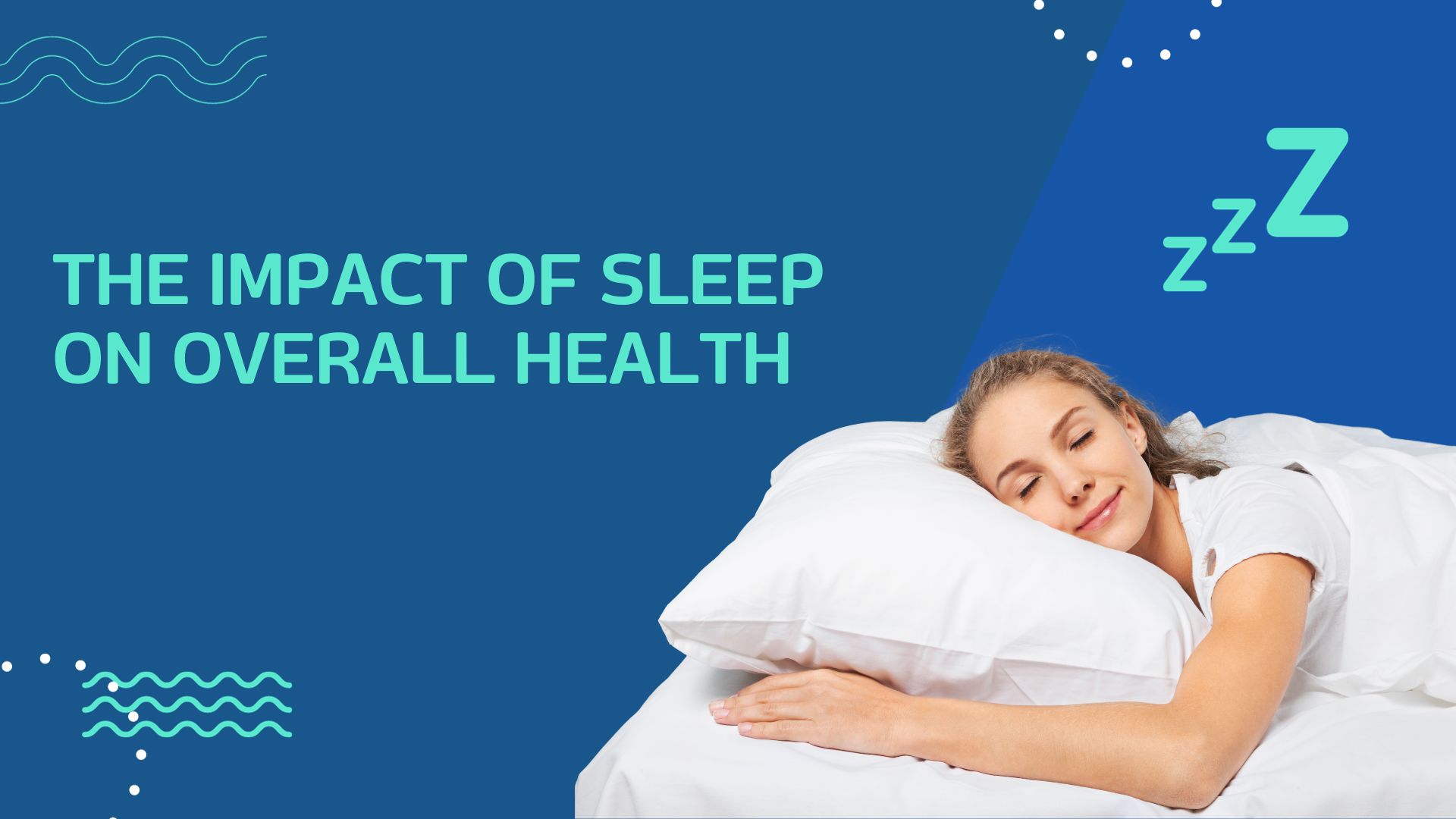Sleep is often seen as a luxury, something we do don’t keep it as a priority. But the truth is, sleep is just as important as eating healthy and exercising for overall health. When we don’t get enough sleep, it can have a negative impact on our physical and mental health, as well as our safety and productivity.
How Much Sleep Do We Need?
The amount of sleep we need varies depending on our age, health, and activity level. Most adults need around 7-8 hours of sleep per night. Children and teenagers need even more sleep, while older adults may need slightly less.
What Happens When We Don’t Get Enough Sleep?
When we don’t get enough sleep, our bodies and minds start to suffer.
Here are just a few of the negative effects of sleep deprivation:
- Physical health: less sleep can increase our risk of developing chronic diseases such as heart disease, stroke, diabetes, and obesity. It can also weaken our immune system, making us more susceptible to infections.
- Mental health: Sleep deprivation can worsen symptoms of anxiety, depression, and ADHD. It can also make it harder to concentrate, learn, and remember things.
- Safety: Sleep deprivation can increase our risk of accidents, injuries, and even death. This is because it can impair our judgment, coordination, and reaction time.
- Productivity: When we’re sleep less, we’re not able to function at our best. We may make more mistakes, be less creative, and have less energy to get things done.
The Benefits of Getting Enough Sleep
Getting enough sleep is essential for good health and well-being.
Here are just a few of the benefits of getting enough sleep:
- Improved physical health: Sleep helps to repair and rebuild our bodies. It also helps to regulate our hormones, which can affect our weight, appetite, and metabolism.
- Improved mental health: Sleep helps to improve our mood, reduce stress, and boost our cognitive function. It can also help to prevent or manage mental health problems such as anxiety and depression.
- Improved safety: When we’re well-rested, we’re more alert and focused. This can help to reduce our risk of accidents and injuries.
- Improved productivity: When we’re well-rested, we’re able to think more clearly, learn new things more easily, and be more creative. We also have more energy to get things done.
Tips for Getting a Good Night’s Sleep
If you’re having trouble sleeping, there are a few things you can do to improve your sleep hygiene:
- Establish a regular sleep schedule and stick to it as much as possible, even on weekends.
- Create a relaxing bedtime routine. This could include taking a warm bath, reading a book, or listening to calming music.
- Make sure your bedroom is dark, quiet, and cool.
- Avoid caffeine and alcohol before bed.
- Get regular exercise, but avoid strenuous activity too close to bedtime.
- See a doctor if you have trouble sleeping for more than a few weeks.
In a Nutshell
Sleep is essential for good health and well-being. When we don’t get enough sleep, it can have a negative impact on our physical and mental health, as well as our safety and productivity. By making sure we get enough sleep, we can improve our overall health and well-being.
